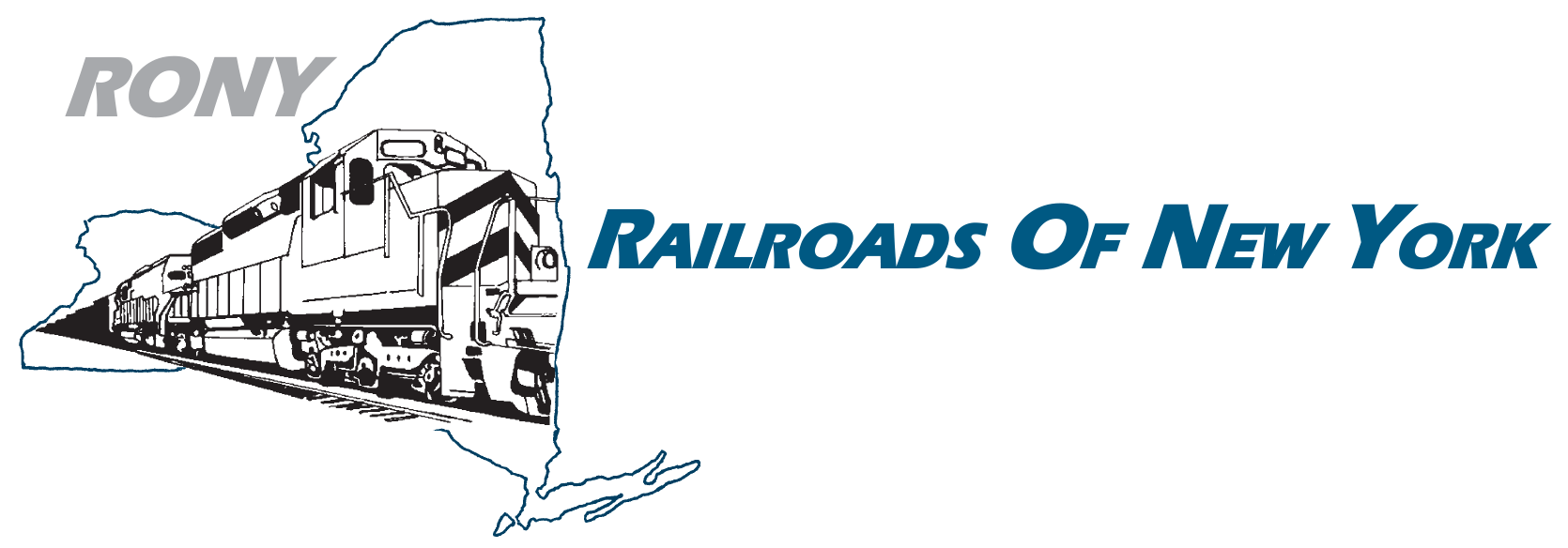Re: S2490 (Addabbo)/A3269 (Barnwell)
Railroads of New YOik (RONY) opposes the above-referenced bill that would require putrescible waste transported by rail to be covered with sealing hard lids and non-putrescible waste shipped by rail to be fastened with hard tarping. This bill unfairly singles out rail for these provisions and imposes requirements that are not under the control of the rail companies.
RONY represents four Class I Railroads (CSX, Canadian National, Canadian Pacific and Norfolk Southern) and 36 Short Line and Regional Railroads that directly employ over 3,700 individuals in NYS. RONY’s member railroads provide access to the nation’s 140,000-mile freight rail network, enabling many of New York’s industrial, manufacturing, and agricultural businesses to reach markets across the country and throughout the world via all U.S. ports and to realize. e a substantial competitive advantage over other businesses that lack access to the rail network.
The requirements imposed by this bill are unnecessary and unworkable. Waste shipments, and the containers they are stored in, are the responsibility of the shipper and as a result, leave the railroads with no discretion over how it is contained. when being transported. Rail containers are loaded and covered in loading facilities whore state and federal government agencies establish regulations and certify that containers are compliant and safe for transport, The railroads’ responsibility is to hitch and haul these containers, but the provisions in this bill would make the railroads responsible for something they have no legal control over.
Cmnntly, rail containers hauling putrescible waste are sealed with hard lids that are specially designed and vented to allow gases to escape, a standard industry practice for hauling such waste nationwide. Because of the lack of a clear definition of what constitutes a .. sealing hard lid” in this legislation. it is unclear whether or not this type of covering would be acceptable. It is also unclear what would constitute “hard tarping” under this legislation when transporting the non-putrescible waste, as there is no definition provided for this either. Currently, this type of waste is transported in special gondola cars and fastened in by a netting that keeps the contents secure -again, a standard, nationwide industry practice.
In addition. railroads are generally very conservative with the use of hard tamping because of concerns with it breaking loose. Using a netting fabric instead of hard tarping has a safety advantage because it is less likely to act like a sail and catch the air when the car is in motion. Mandating its use and abandoning potentially safer practices without first conducting a safety analysis is ill-advised and could have disastrous effects, especially in denselypopulated areas.
Freight trains often cross multiple state lines when transporting freight This legislation would impose significant operational problems where container cars are loaded and hooked up outside of NYS but need to pass through on their route as other states do not have restrictions similar to the ones contained in this bill. Since this type of transportation is considered interstate commerce and under the jurisdiction of the Federal Surface Transportation Board, these requirements will likely be considered illegal as they impede interstate commerce.
The overall negative effect this legislation would have is it could result in municipal solid waste being shipped more and more by trucks than rail since this bill does not impose similar requirements on the trucking industry. Because this bill unfairly singles out rail for these additional requirements, waste shipments could end up being shifted to trucks because the waste industry may simply find it easier than having to comply with the increased restrictions placed on rail shipments. This would be unfortunate for many reasons including decreased safety, increased air pollution, more congestion on the roadways, and higher highway maintenance costs resulting from the increased damage to the roads.
For these reasons, we respectfully request your opposition to this bill.
